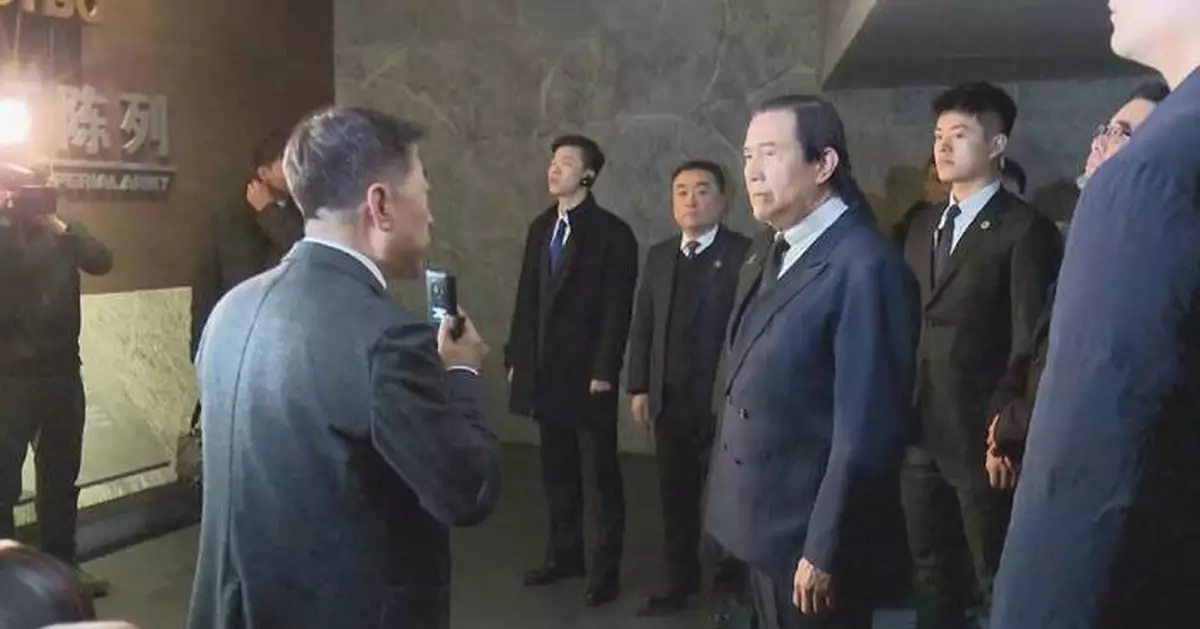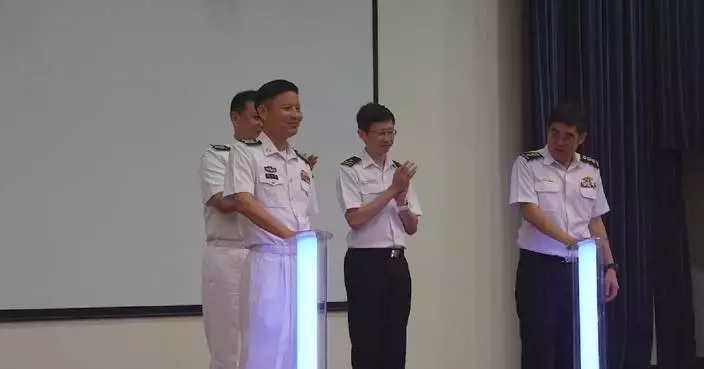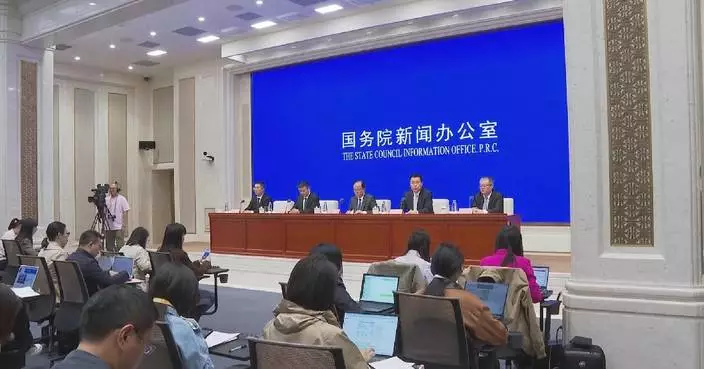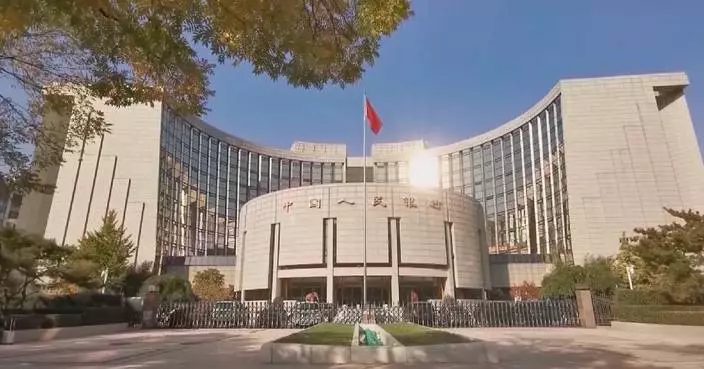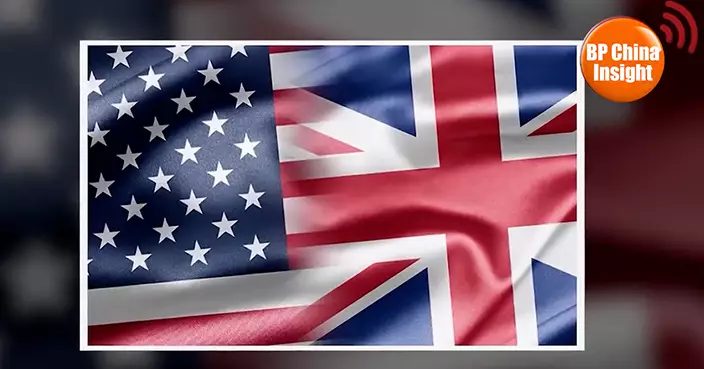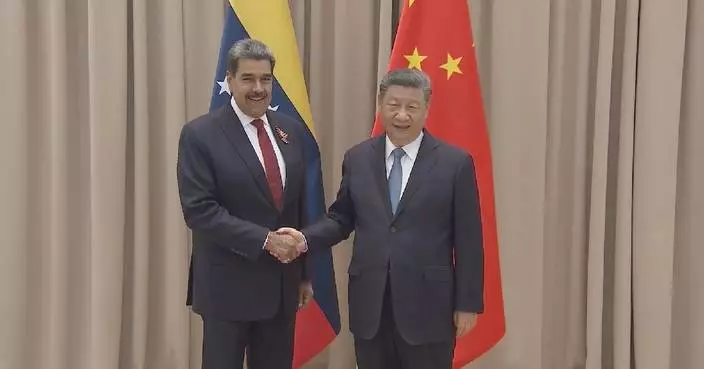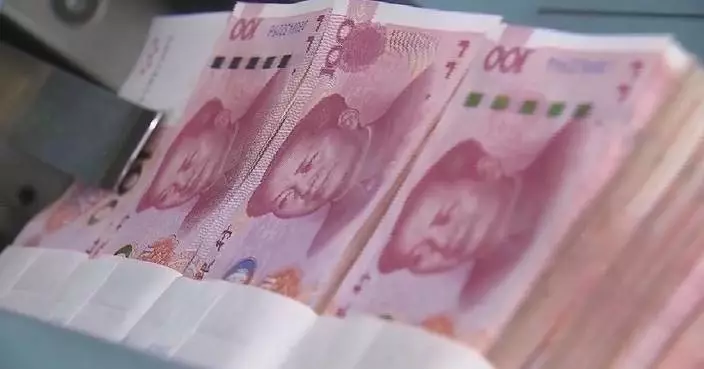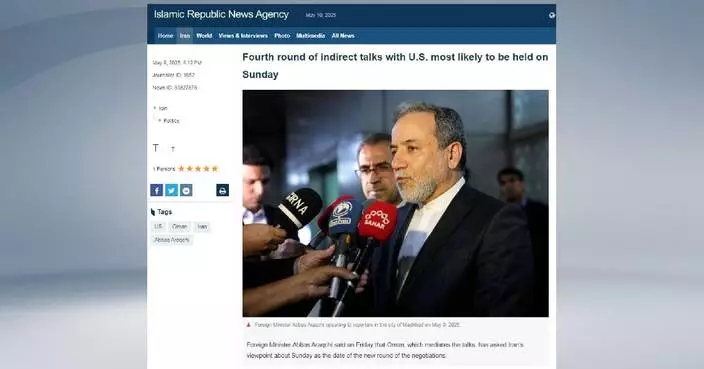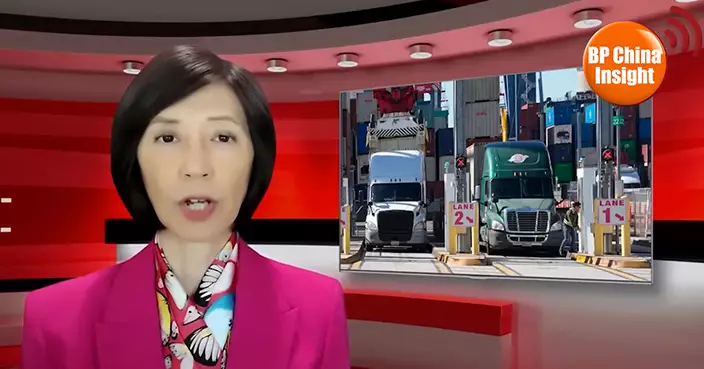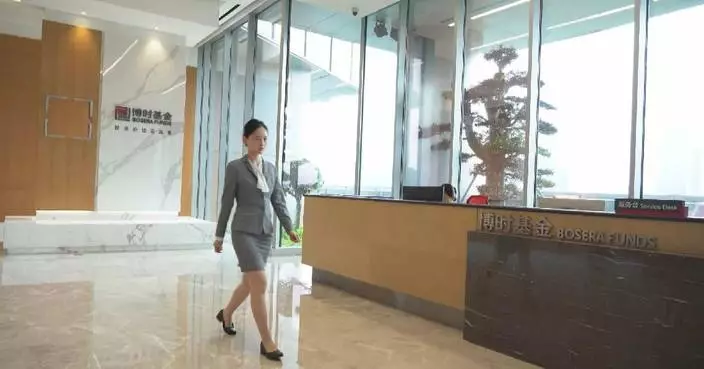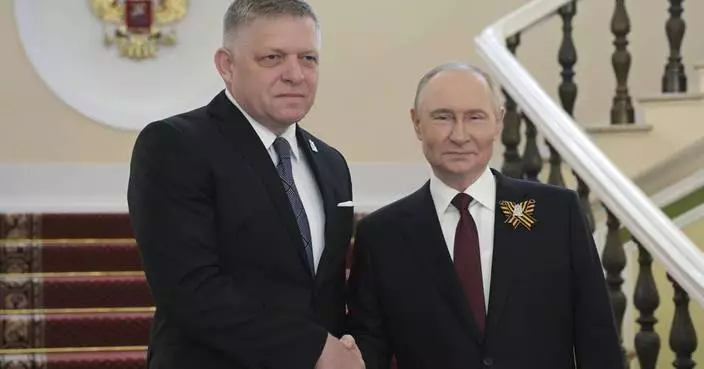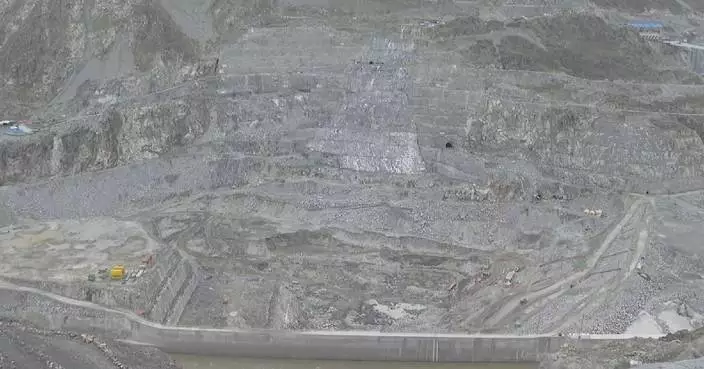The frequent group visits led by Ma Ying-jeou, former chairman of the Chinese Kuomintang, to the mainland have contributed to fostering a warmer atmosphere in cross-Strait relations.
Ma led a group of youth from Taiwan visited Heilongjiang Province in the northwest and Sichuan Province in the southwest from December 18 to 26, marking his third group visit to the mainland in the past two years.
Ahead of the visit, a 94-year-old veteran wrote a sincere letter after learning that Ma would visit the Exhibition Hall of Evidence of Crime Committed by Unit 731 of the Japanese aggressor troops.
In the message, Wang Jitang, the veteran, expressed his support for Ma's commitment to the "1992 Consensus" and the advancement of peaceful cross-Strait relations.
"As a veteran of the War of the Chinese People's Resistance Against Japanese Aggression, the history I personally experienced is also a shared pain and struggle for compatriots on both sides of the Taiwan Strait. People on both sides of the Taiwan Strait are of a same family. We are like relatives. I hope that young friends in Taiwan, like Ma, will treat the mainland as their own home, visit often as if visiting relatives, and frequently engage with each other," Wang said.
Hsiao Hsu-tsen, executive director of the Taiwan-based Ma Ying-jeou Culture and Education Foundation, said he was deeply moved by Wang's sincere wish.
"History must never be forgotten. Through such on-site visits and study, we need to experience and appreciate how our forefathers sacrificed themselves to protect our homeland and defend our country," Hsiao said. When talking about the purpose of the current group visit, Ma emphasized the crucial importance of mutual exchanges between young people from both sides of the Taiwan Strait. He expressed the hope to build a bridge for peace between the two sides which transcends political challenges, and which conveys the shared desire of the people on both sides for communication.
Many people from the both sides of the Taiwan Strait agree that the more tense cross-Strait relations become, the more vital it is to sustain exchanges.
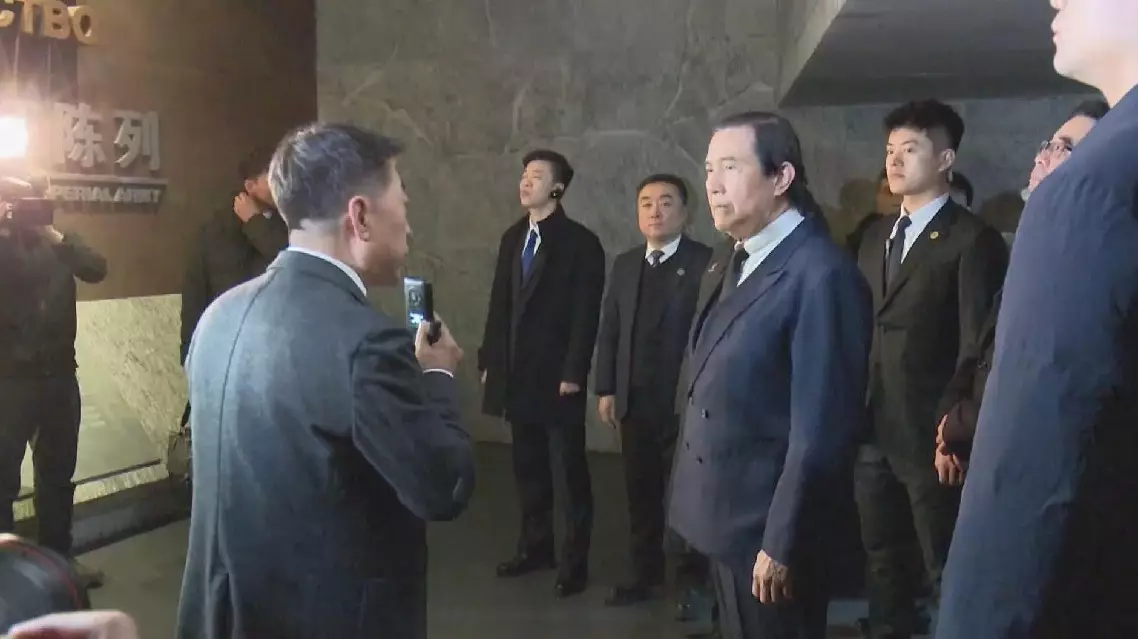
Ma Ying-jeou's frequent group visits to mainland enhance warmth in cross-Strait relations
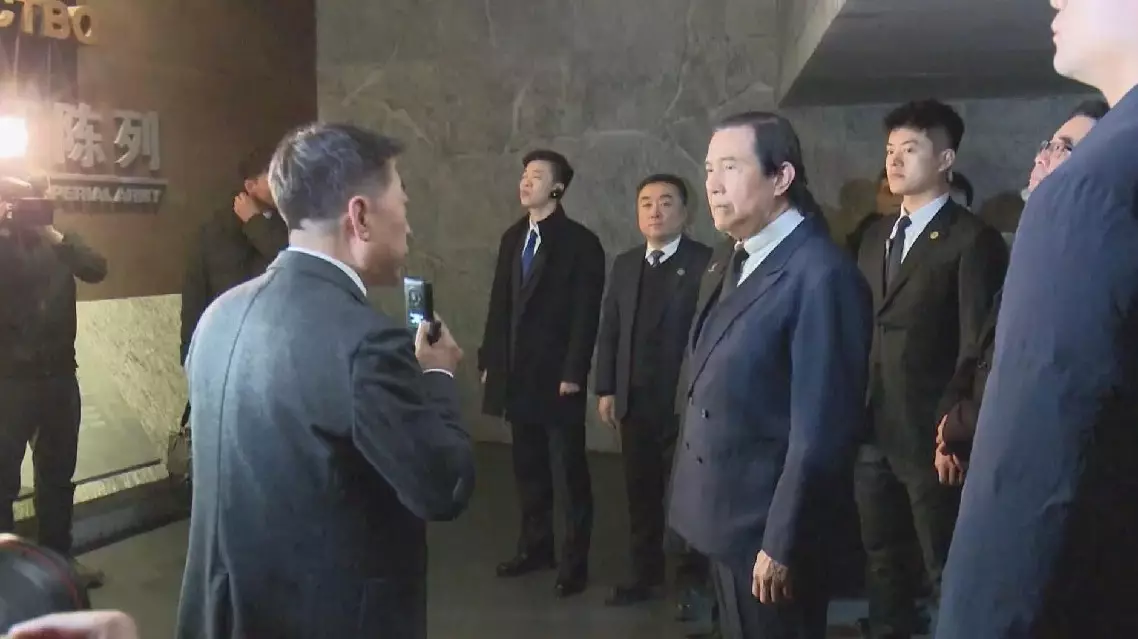
Ma Ying-jeou's frequent group visits to mainland enhance warmth in cross-Strait relations
Foreign travel to the U.S. is on a sharp decline due to tariffs and dampened global sentiment, with rippling effects felt across the country's tourism sector and economy.
International travelers are feeling less inclined to visit the U.S., with recent data highlighting a drop in arrivals. According to the government's travel figures, overall visits from overseas fell by more than 11.6 percent in March compared to the same period last year.
Some of the most significant declines were seen from top tourist-generating countries such as the United Kingdom, Germany, and South Korea. Additionally, many of the US northern neighbor, Canada, are also choosing to forgo trips south of the border.
"Lots of Canadians right now, like they ignore visiting here because of the like political tensions, or like economic conditions," said a local resident.
The dent in foreign tourism is taking a direct toll on the U.S. economy. Economists predict that the country could lose tens of billions of dollars in revenue this year alone due to the reduced influx of international visitors.
New York City, which remains the most visited U.S. city, welcomed more than 64 million travelers last year. The tourism-driven spending generated over 50 billion U.S. dollars across the city and state.
However, according to industry insiders, this trend is shifting.
One longtime New York tour operator points to the changes, attributing them directly to President Donald Trump's "America First" agenda.
"In 2024, Canadian student tour groups coming to New York City amounted for gross 35,000 [U.S.] dollars of my business' income. This year, Canadian student tour groups coming to New York City gross 5,000 [U.S. dollars]. That's 30,000 [U.S.] dollars vanishing. Just poof. Up in smoke. And it's because of the tariffs. It's because of the economy. It's because of the whip, the whiplash in federal policy," said Matt Levy, owner of Spread Love Tours.
As the impacts of tariffs and shifting federal policies continue to affect the tourism sector, experts are predicting further challenges.
"It's going to be very expensive for everything for both U.S. consumers, U.S. travelers domestically, as well as international travelers, because everything is going to go up," said Richie Karaburun, associate professor of NYU Tisch Center of Hospitality.
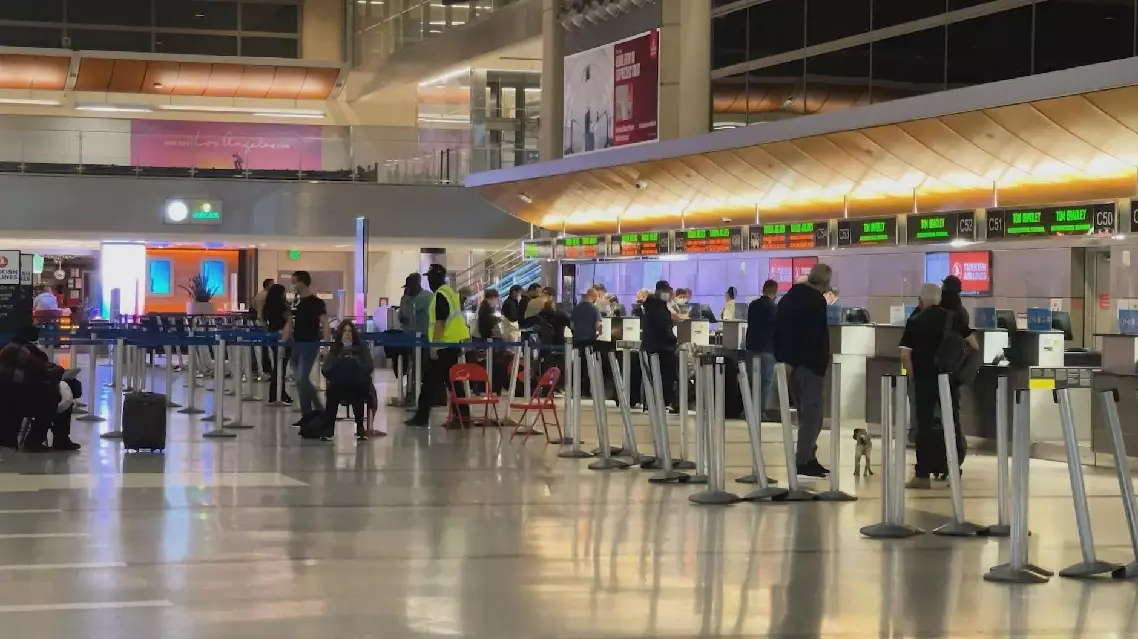
Tariffs lead to sharp drop in foreign travel to US




